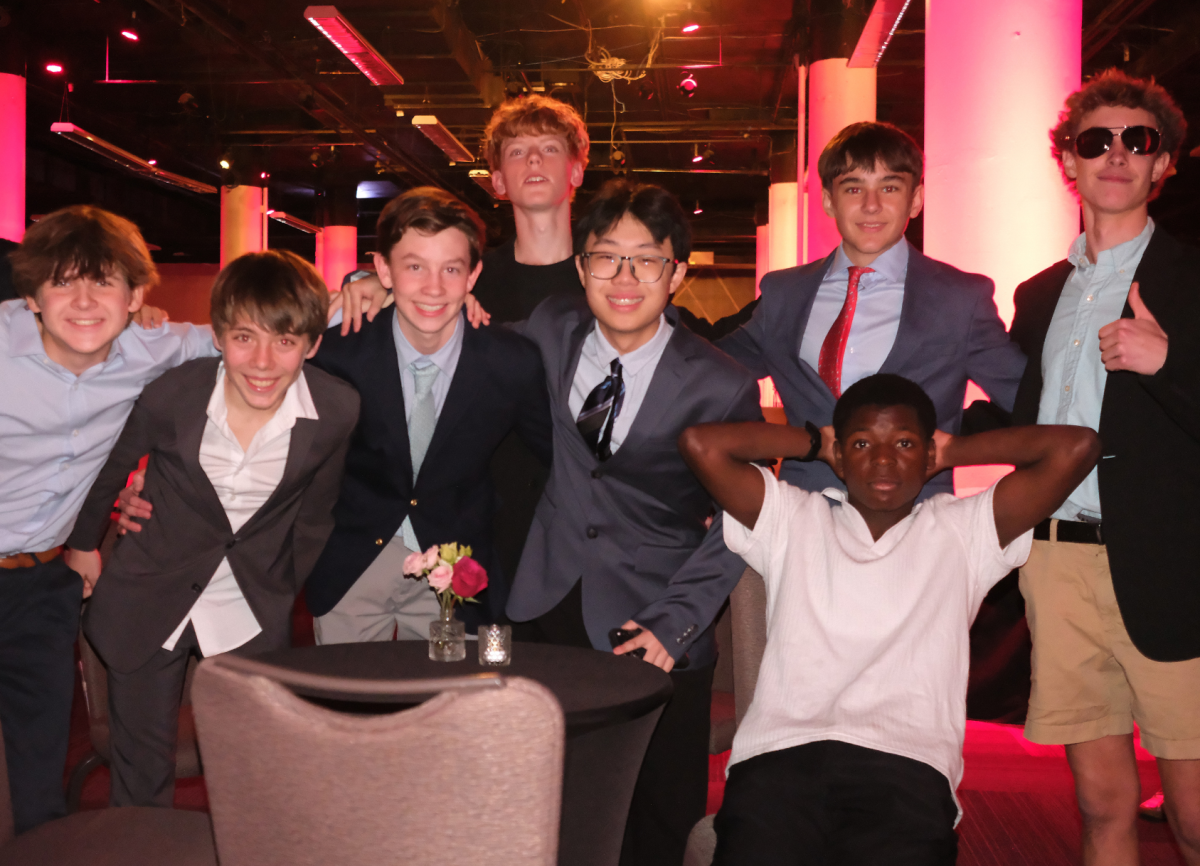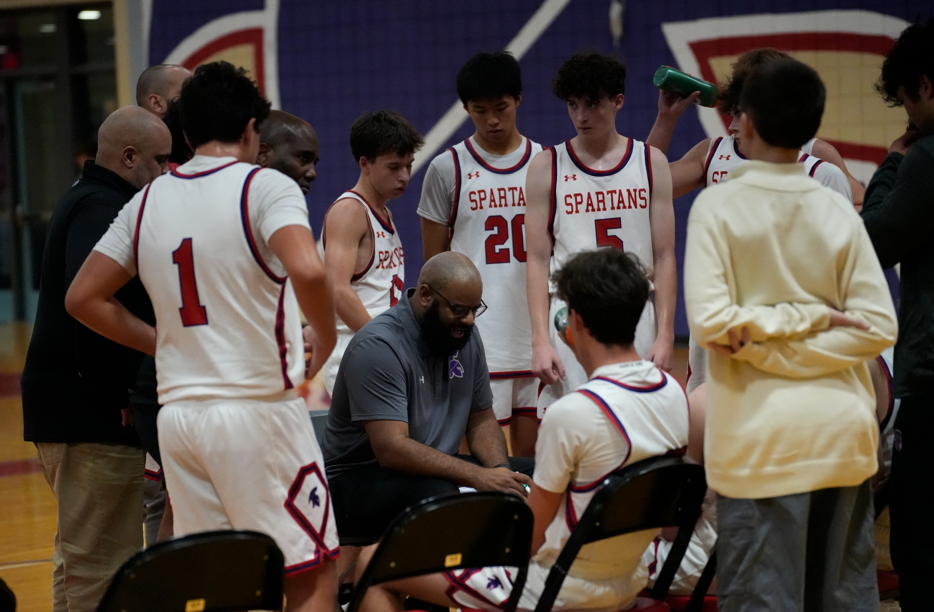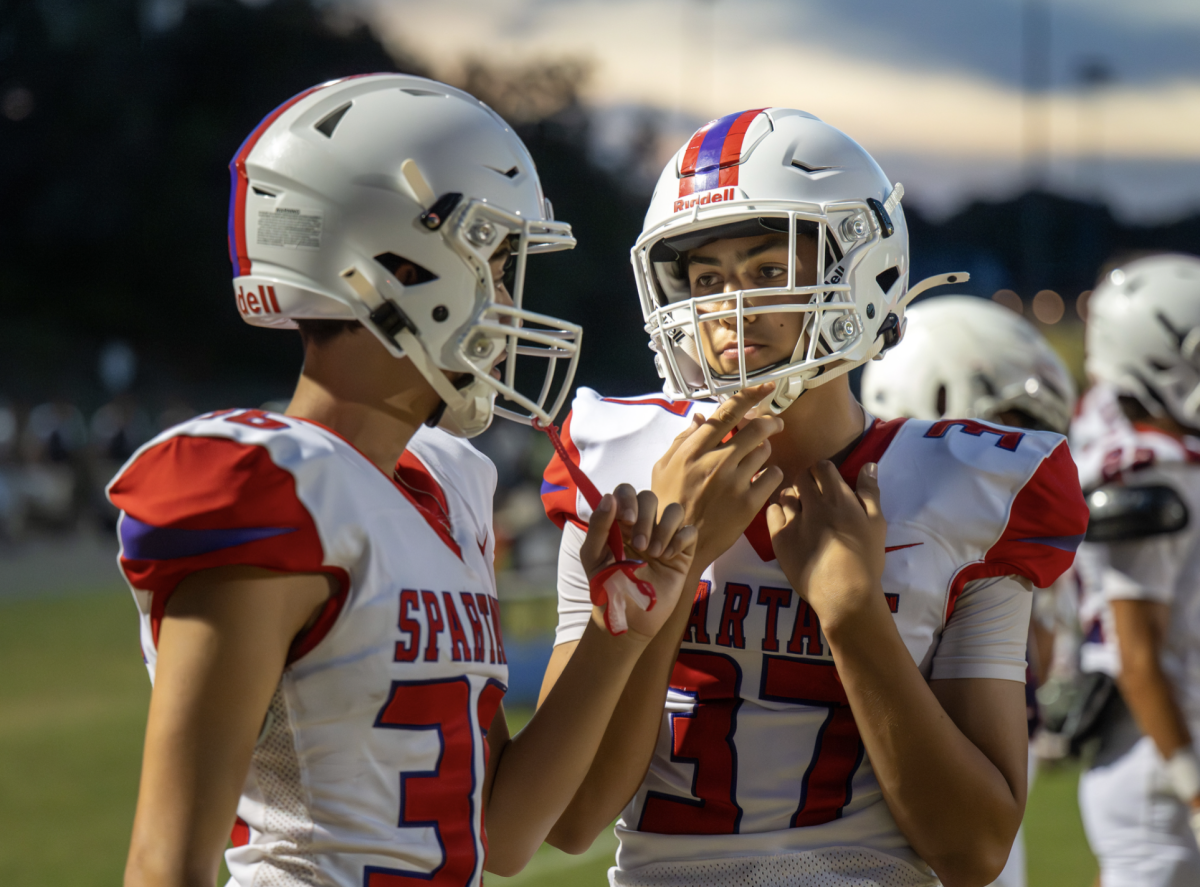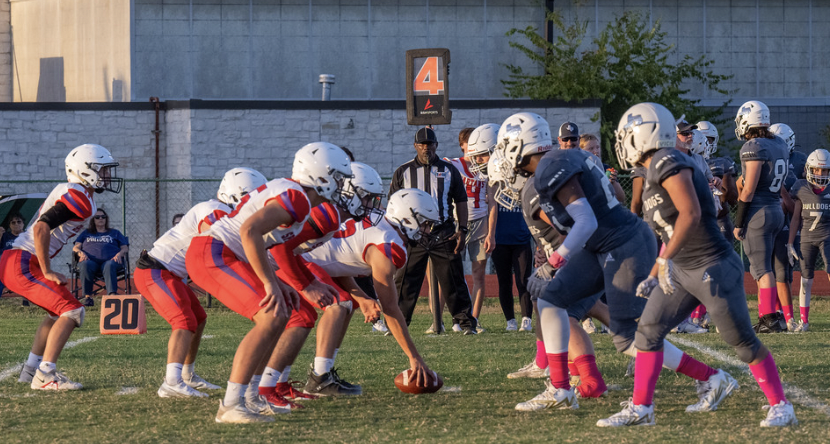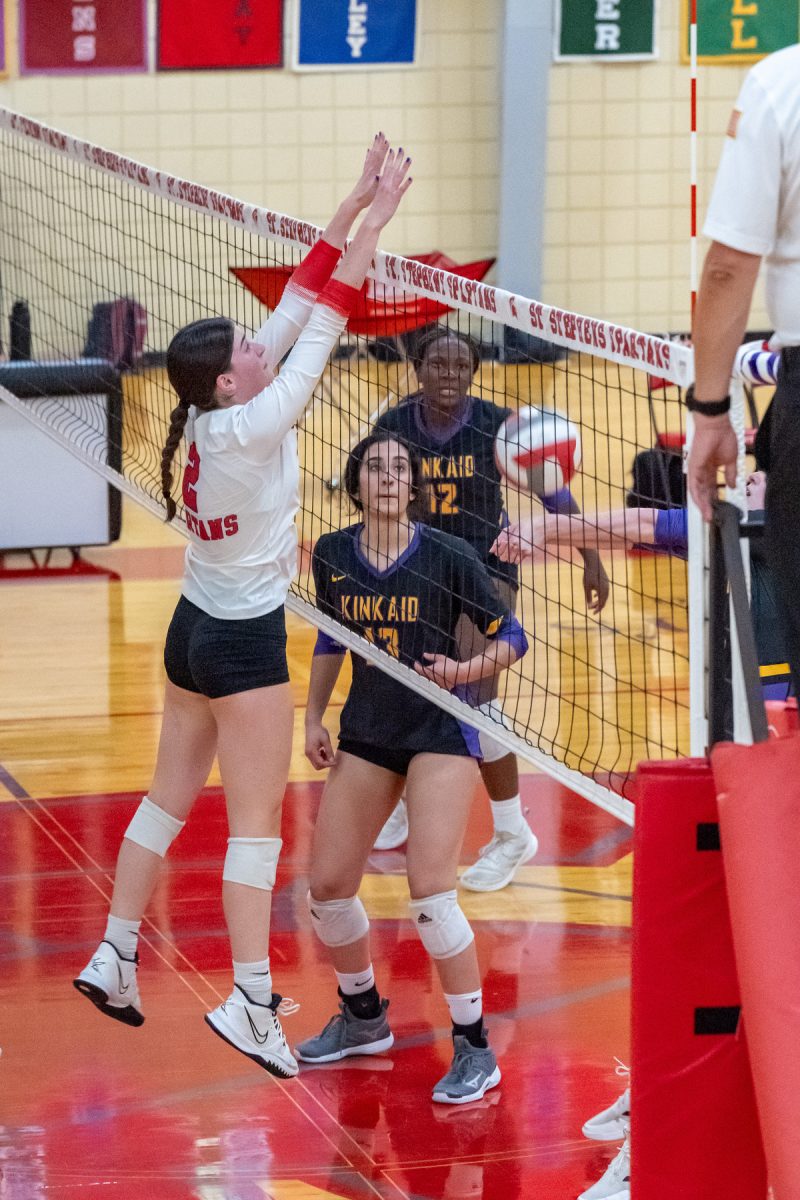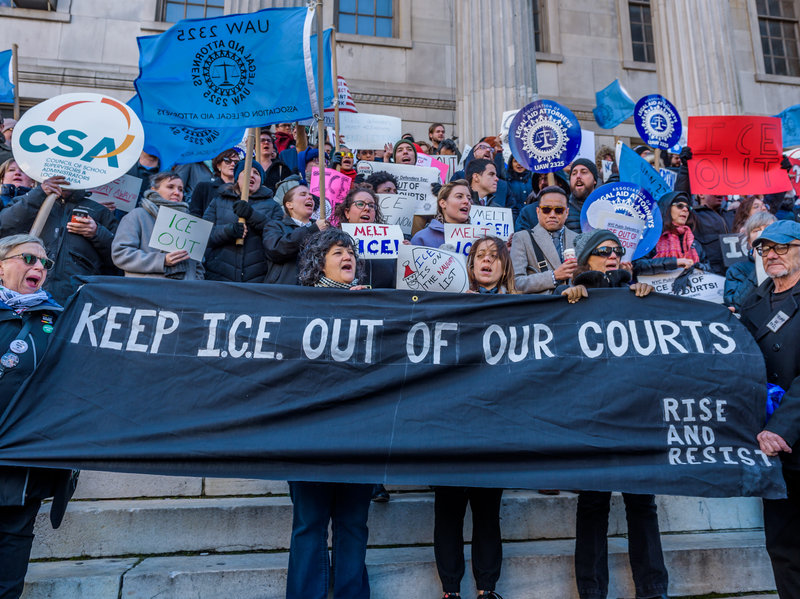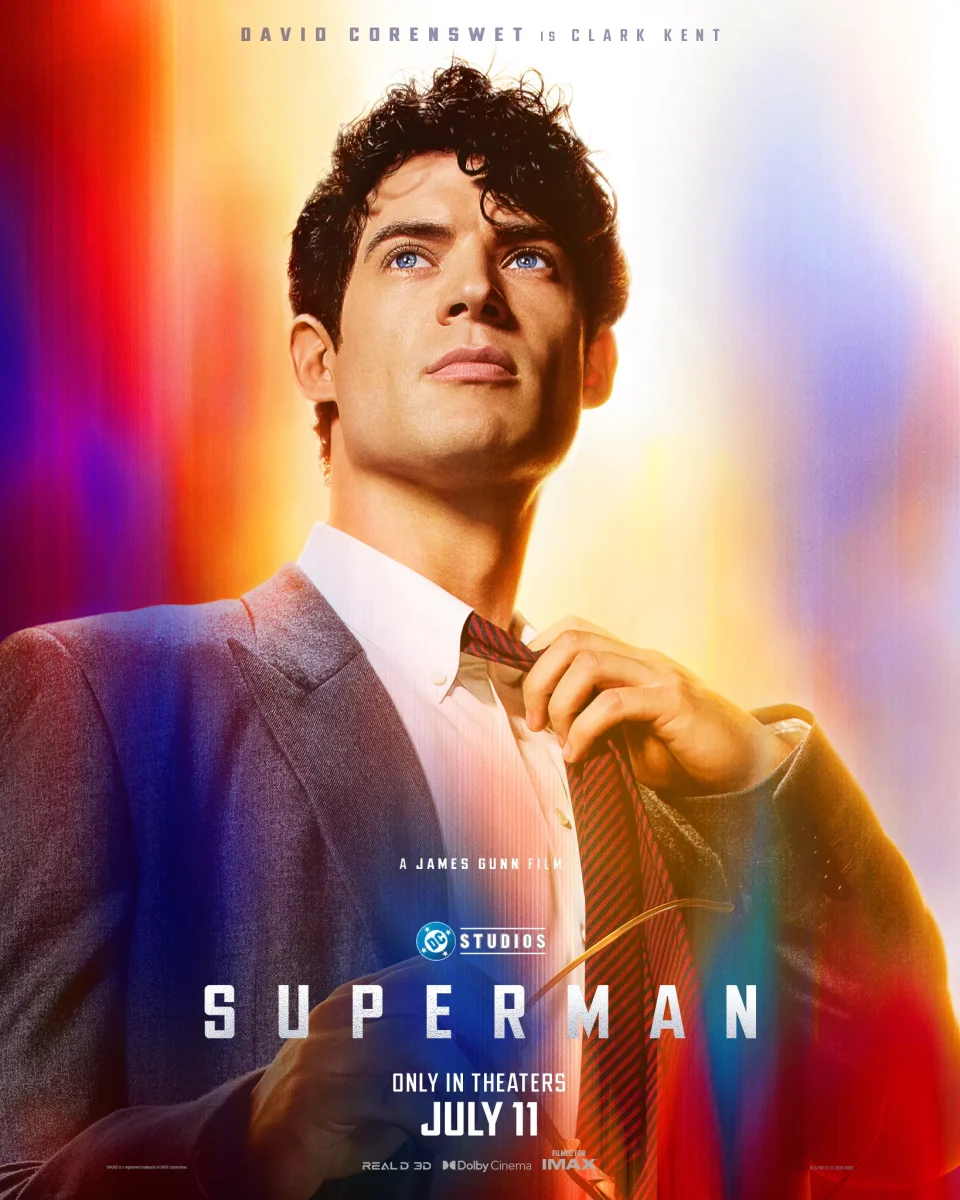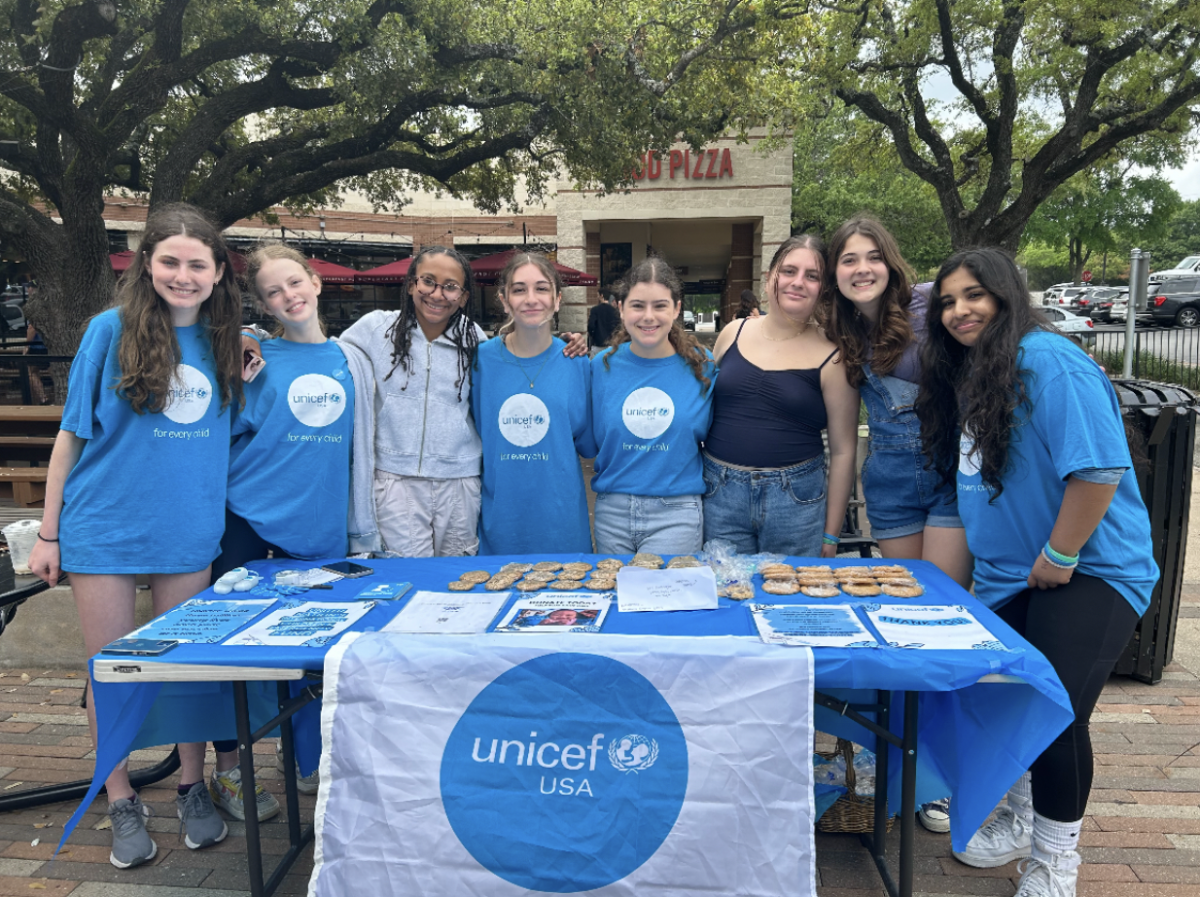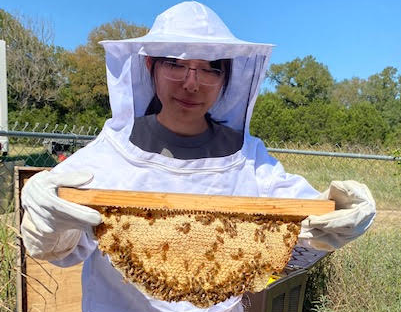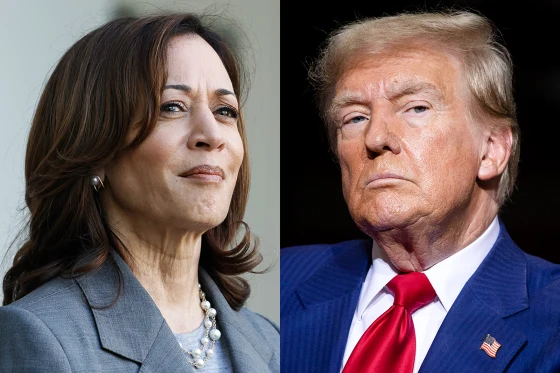Vote by Vibe
Pundits, pollsters, political consultants, and journalists from across the ideological spectrum have started referring to this year’s election cycle as a “vibes election.” This means that specific policies and their impacts are taking a back seat to how Americans feel about issues like the economy, taxes, foreign affairs, abortion, immigration, gun control, and the future of American democracy. Efforts to be seen as “putting out good vibes” and assuaging voter anxiety seems to have brought both parties oddly together on some issues, while leaving them at the farthest extremes on others. With both parties looking to capture the portion of the electorate that is still undecided, there appears to be a renewed focus on building diverse coalitions and assuming non-traditional positions in an effort to engage in the “big tent” politics needed to win in November.
At the Texas Tribune festival, however, the vibes were a little different. Governors, congressmen, policy experts, and the myriad of assorted political adjacents who filled panels all conveyed a wish to disregard the vagueness of the presidential race in favor of drilling into the details of the most important conservative and liberal policies, sometimes literally, on the ballot.
Highlights
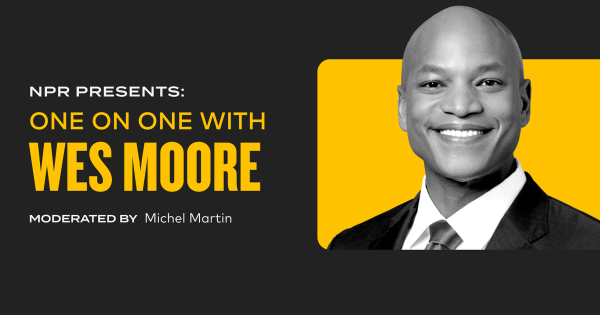
In the morning, Democratic Governor Wes Moore of Maryland spoke to students, and later to a crowded Paramount theater in a one-on-one interview, about what it means to be the chief executive of a U.S. state. And—spoiler alert—it requires compromise, consensus, and cutting through irrelevant partisan BS. Moore spoke about how, in dealing with the collapse of the Francis Scott Key bridge in Baltimore, there was no room to play the games of partisan politics or argue with those across the aisle from him. He detailed that as soon as he’d received a call about the incident, which occurred in the middle of the night, he had to work with all kinds of people, not just his political allies, to direct a response to the crisis. In his one-on-one session, Moore acknowledged that even though crime was down significantly in his state, his constituents still felt unsafe in their neighborhoods. Interestingly, the liberal-leaning crowd often cheered during topics such as Moore’s work against child poverty but was mostly silent when Moore discussed why he stood by his decision to increase criminal penalties for offenses committed by minors in his state. Moderator Michel Martin, Co-host of NPR’s Morning Edition, did an excellent job of facilitating the discussion but maybe could’ve held Moore’s feet to the fire concerning his administration’s actual effect on child poverty or the circumstances that led to the bridge collapse in Baltimore.
Shortly after Wes Moore’s one-on-one, an interesting discussion on health care policy, featuring Texas State Rep. Donna Howard (D-Austin) and U.S. Rep. Michael Burgess (R-Lewisville), took place in the Omni hotel’s healthcare policy suite. Though on opposite sides of many issues, each panelist spoke with admiration for the other’s work regarding healthcare issues ranging from women’s reproductive rights to the affordable care act and Medicare. Unlike some of the other sessions, there was no room for general comments or platitudes in this forum: both Reps. Howard and Burgess came armed with personal history and inside and out knowledge of the current state of healthcare policy in the U.S.
 Later in the afternoon, I found myself in Representative Dan Crenshaw’s (R-Houston) one-on-one interview at the Stateside Theater. With the day’s audiences trending very liberal, it was obvious that this session was going to result in back and forth and verbal combat. Shortly into the interview, Crenshaw commented negatively on Democratic Presidential Nominee Kamala Harris’ ability to take impromptu questions and received a wave of grumbling and boos from the crowd. It felt as if most of the booing and discontent arose when the crowd perceived Crenshaw to be making unfair or disingenuous statements, but it sometimes even occurred when Crenshaw simply spoke about his genuine positions as a conservative representative. Crenshaw is the picture of a blunt, no-nonsense (or nuance) conservative, and although it felt as if Crenshaw really just wanted to defend the Republican policy record (though he sometimes strayed into culture war issues), the crowd decided that, whether or not his policy propositions held water, they were not enjoying the Houston congressman’s vibes.
Later in the afternoon, I found myself in Representative Dan Crenshaw’s (R-Houston) one-on-one interview at the Stateside Theater. With the day’s audiences trending very liberal, it was obvious that this session was going to result in back and forth and verbal combat. Shortly into the interview, Crenshaw commented negatively on Democratic Presidential Nominee Kamala Harris’ ability to take impromptu questions and received a wave of grumbling and boos from the crowd. It felt as if most of the booing and discontent arose when the crowd perceived Crenshaw to be making unfair or disingenuous statements, but it sometimes even occurred when Crenshaw simply spoke about his genuine positions as a conservative representative. Crenshaw is the picture of a blunt, no-nonsense (or nuance) conservative, and although it felt as if Crenshaw really just wanted to defend the Republican policy record (though he sometimes strayed into culture war issues), the crowd decided that, whether or not his policy propositions held water, they were not enjoying the Houston congressman’s vibes.
Still, Crenshaw, who is very popular in his district, did a commendable job of answering both the moderator’s questions as well as those of the audience. Noticeably, he refrained from pivoting even when what he said was not well received.
Disappointments and missed opportunities
While I was generally content with the diversity of perspectives and quality of discussion at the Tribune Fest, most of my sore spots arose from the quality, direction, and general approach of the moderation and interviewing. At best, the moderation felt passive, and at worst, it allowed certain politicians and panelists to never confront topics they might deem uncomfortable. For example, Liz Cheney’s one-on-one moderator, Atlantic magazine staff writer Mark Leibovich, failed to ask why Ms. Cheney has come so far as to not only disavow Trump, but also support his considerably more liberal opponent — Kamala Harris. Another question that went unasked was whether or not Cheney could be looking to switch parties and or position herself to run for president in 2028 (seeing as she is now openly campaigning for a liberal Democrat, is this really that far of a stretch?).
Best moments
The audience of Liz Cheney’s one-on-one at the packed Paramount Theater in downtown Austin was the first to hear that former Republican Vice President Dick Cheney would be casting his ballot for Kamala Harris alongside his daughter, who had voiced her endorsement and plan to campaign for the Harris-Walz team earlier in the week.
Reaching all the way back to the morning sessions with Wes Moore, I find myself remembering his explanation of the full story behind his bestselling novel The Other Wes Moore, which details the parallels between his life and that of another man—also named Wes Moore—who, despite having grown up in the same underprivileged community, had a radically different life outcome: serving out a life sentence in the same state in which his counterpart is now the governor. Through their conversations together, Gov. Moore was able to find events where his life differed from that of his doppelganger, as well as where there were instances of striking similarities between the two mens’ lives. This introduces incredible nuance into the discussion of how much individuals control their own outcomes in a country where stark divides across lines of race, priviledge, and levels of community poverty exist with regard to life outcome.


